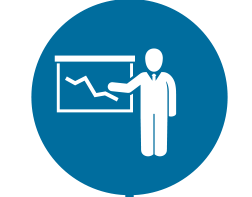 effective treatment of diabetes requires patient monitoring by different specialists in different facilities and times, and the exchange of patient information is a key element in care coordination. Additionally, patient access to the right information enhances their ability to care for themselves.
effective treatment of diabetes requires patient monitoring by different specialists in different facilities and times, and the exchange of patient information is a key element in care coordination. Additionally, patient access to the right information enhances their ability to care for themselves.
A number of information management systems have been tested in Qatar, and users are currently relying on a range of systems to access information about diabetes, because this information is not stored in one place.
Healthcare professionals face various problems while accessing patient information, there is no way for the public, patients, and researchers to access complete national information about diabetes, and in-depth research has revealed to patients and the public, conducted by the (Supreme Council for Health 2015-3) 53% of individuals want to access their health information online.
Through this pillar, the strategy will do the following:
- Develop a new model for collecting and circulating information.
Integrate and store all relevant information collected through caregivers, screening programs, diabetes records and research centers in a central system.
We aim to adopt wearable devices and other devices at the national level in the future, so that patients can collect information on a continuous basis, and these data and information also introduced into the central system. The new system is able to adapt to and integrate with new technologies, making it easier to use in the long term.
- Enables different user groups to have a connection with the system and access collected information.
The central system provides information to health-care professionals and researchers, and individuals can also obtain some of their health information. To ensure that users' needs are fulfilled:
- We adopt user experience studies to measure whether the system is simple, intuitive, and attractive.
- We test samples of gateways, mobile apps, websites, and user tools.
- We identify and collect key indicators that demonstrate the system success.
- Provide tools needed to analyze information about diabetes.
These tools and functions are used to analyze information and draw conclusions about population health trends, effectiveness of health learning on diabetes, use and demand for existing care and labor, and the management of care coordination and care quality.
What does this mean for patient?
What does this mean for healthcare specialist?
What does this mean for researcher?
